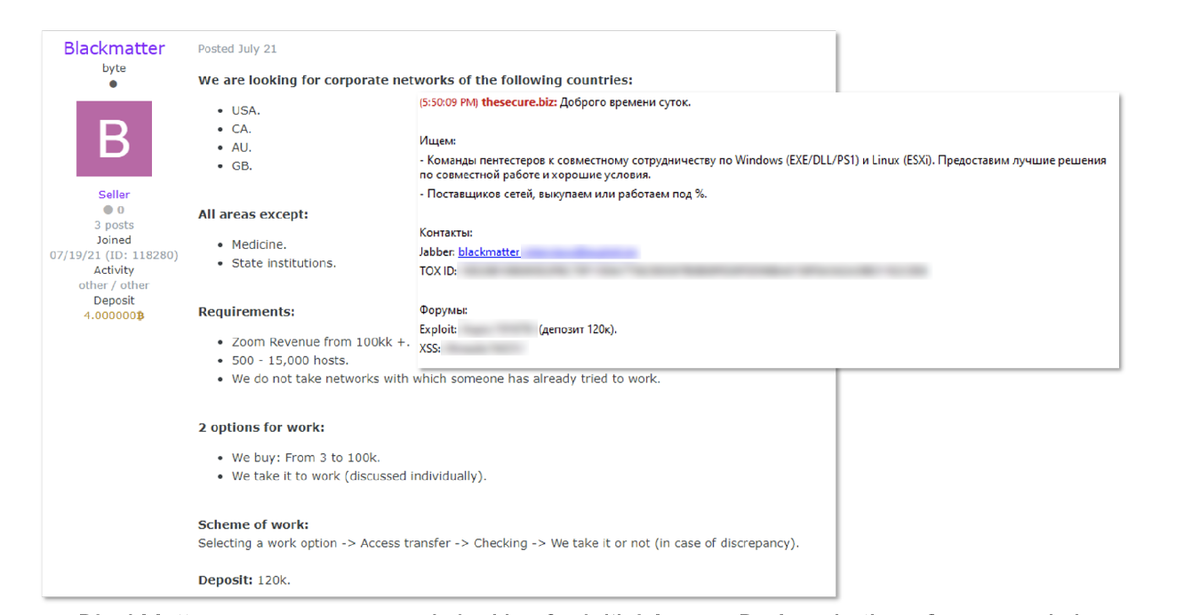Mobile Phone Jammer Market Is Thriving Worldwide| Phantom Technologies Inc., Mangal Security Products, Perfect Jammer – Indian Defence News

This major report presents a clear view of how global Mobile Phone Jammer market is performing today and how it will probably evolve in the years ahead. The key findings in the report on global Mobile Phone Jammer market are focused on the changing global Mobile Phone Jammer market dynamics, substantial new opportunities, critical forces that are likely to contribute to the growth of global Mobile Phone Jammer market both in advanced and developing economies.
This report centers about the top players in global Mobile Phone Jammer marketplace:
Phantom Technologies Inc., Mangal Security Products, Perfect Jammer, Shenzhen Rocfly Blue Electronic Co.,Ltd, Eastking Technology Company Limited, Shen Zhen Techwise International Co.,Ltd, Shenzhen JinYaTong Technology Co.,Ltd, Endoacustica, Shenzhen ITZR Technology Co., Ltd, Xstar Smart Power Co., Ltd, Sichuan LEAGOO Intelligence Co., Ltd, Digital RF …
Get FREE PDF Sample Copy of the Report @ https://marketstrides.com/request-sample/mobile-phone-jammer-market
The report undertakes research and analysis that helps market players understand the state of global Mobile Phone Jammer market in advanced and developing economies, future market scenarios, opportunities, and identify solutions on how to organize and operate in the global Mobile Phone Jammer market. The report starts with examining how the global Mobile Phone Jammer market has evolved through the pandemic to this the post-pandemic point, key forces at work, implications of covid-19 pandemic on companies and policy-makers. Most importantly, the report has conducted deep dive analysis of the selected segments and countries.
Detailed analysis of the capital intensive market companies, their strategic trends and their impacts on production and growth of the industry are studied in the report. The focus of the report is to present the forces that would have impact on different parts of today’s global Mobile Phone Jammer industry. The report aims to map out the risks facing different regions, countries, and segments operating in the market as well as provides range of options and responses. It recommends best practices to improve efficiency, protect against future risks as well as…




